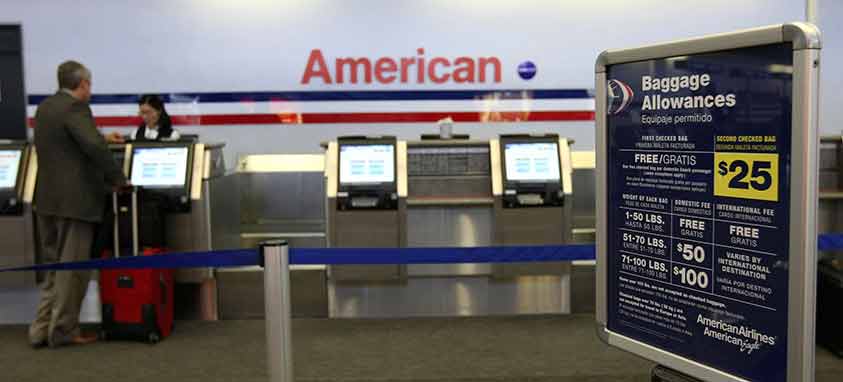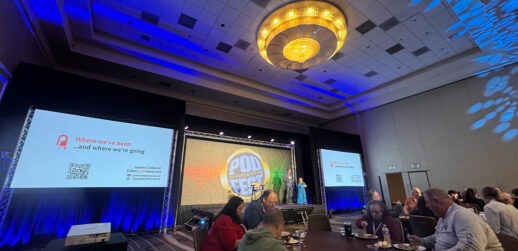At a time when airlines are experiencing record profits and travelers are becoming increasingly frustrated, the government is chiming in with a recent probe into inflated airline fees and other tacked-on costs. This month, minority staff on the U.S. Senate Commerce, Science and Transportation Committee released a report, “The Unfriendly Skies: Consumer Confusion Over Airline Fees,” which took aim at bundled fees and offered several recommendations for airlines to become more transparent.
The findings determine that the airline business model relies heavily on bundled or “ancillary” fees, which include checked baggage fees, preferred seating, Wi-Fi charges and cancellation fees. Ancillary fees have increased in cost and variety over the past five years and are expected to rise, the report states. It also found that preferred seating, along with change and cancellation fees are not consistently apparent to travelers. Altogether, fees have increased by more than 1,400 percent between 2007 and 2014, which has led worldwide airlines to rake in $38.1 billion in fees alone last year.
“The traveling public is being nickel-and-dimed to death,” said Bill Nelson, top Democrat on the panel, in a statement. “What’s worse is that many fliers don’t learn about the actual cost of their travel until it’s too late.”
The following recommendations were made to domestic carriers:
-Ancillary fees should be disclosed as early as possible in the booking process in a standardized format.
-Checked baggage and carry-on baggage fees should have a clear connection to costs incurred by the airline.
-Airlines should promptly refund fees for any checked bags that are delayed by more than six hours on a domestic flight.
-Airline change fees should be limited to a reasonable amount, tied to lead time prior to departure and a maximum percentage of the original fare paid.
-Airlines should provide clear disclosures that preferred seat charges are optional.
-Airline and travel agency websites should have a clear and conspicuous link to the Department of Transportation’s Aviation Consumer Protection website.
-The Department of Transportation should update its Aviation Consumer Protection website to improve the consumer experience.
The report was issued one week after United Continental Holdings Inc. Chief Executive Jeff Smisek defended airlines amid federal investigations into pricing practices. Reuters reported that during an industry launch, Smisek told attendees that passengers should not expect added services to be discounted into airfare, as they have in the past. Smisek headed United when the airline merged with Continental in 2010.
The Department of Transportation and the Justice Department have also launched their own inquiries into inflated airfare, including whether carriers are limiting the number of flights in order to increase pricing. Nelson said he intends to urge representatives to take action on his report’s findings when the Senate reviews legislation on the Federal Aviation Administration.




